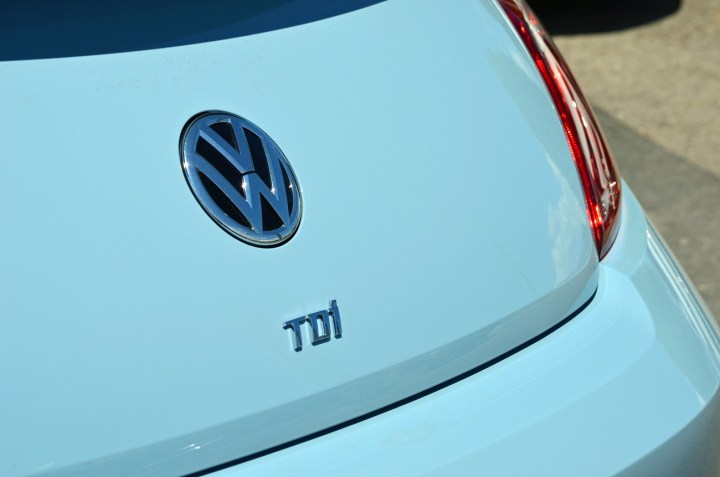
The defeat device takes the form of a highly advanced software algorithm that detects when a car is being tested for emissions and automatically turns on emissions-control systems. Volkswagen admits the software is programmed into cars equipped with the four-cylinder TDI engine that’s known as Type EA 189 internally, though it allegedly doesn’t have any effect in a vast majority of models. Additionally, newer Volkswagen Group vehicles powered by a Euro 6-compliant TDI engine are not fitted with the device.
The EPA estimates that about half a million non-compliant cars are located in the United States, where Volkswagen recently issued a stop-sale order for all 2015 TDI-powered models. The remaining 10.5 million cars are scattered across the world, with a majority of them believed to be in Europe, where sales of diesel-burning engines have historically been high.
German newspaper Spiegel reports that governments all around the world — including those of France, Australia, Switzerland, and South Korea — are conducting independent emissions tests on Volkswagen Group models in order to check for the presence of the defeat device. Germany’s minister of economy has also voiced concern about the reputation of the country’s automotive industry, and Chancellor Angela Merkel has called on Volkswagen executives to comply with the ongoing investigations.
“Given the difficult situation, this is about showing complete transparency, clearing up the entire case. The transport minister is in close contact with the company, Volkswagen. And I hope that the facts will be put on the table as quickly as possible,” said Chancellor Merkel in Berlin.
Volkswagen has allocated 6.5 billion euros (roughly $7.3 billion) to fix the issue as quickly and as efficiently as possible, and it has adjusted its projected earnings targets for 2015 accordingly. The company points out that the amount might rise in the coming months as the Dieselgate scandal develops, and the EPA has warned Volkswagen could be fined up to $37,500 per noncompliant car, a sum that would amount to over $18 billion.
Widespread reports coming out of Germany claim that CEO Martin Winterkorn will step down before the end of the week and will be replaced by Matthias Müller, an executive who is currently at the top of the Porsche brand. However, Volkswagen has vehemently denied the reports.
In Germany, Volkswagen shares tumbled to a four-year low.



